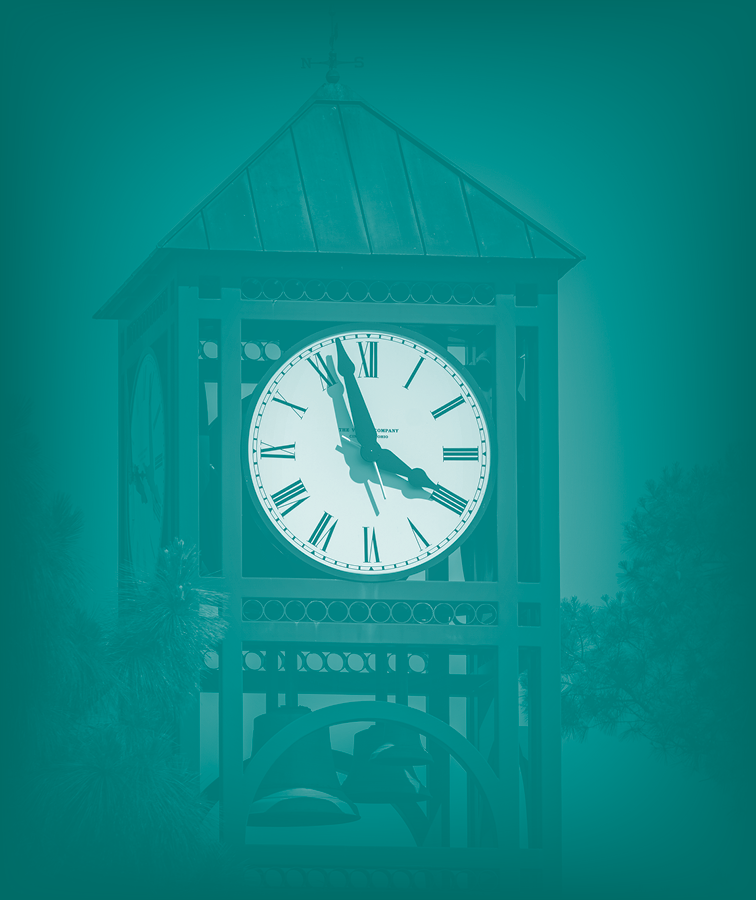Nicholas F. Hudson
Professor
Dr. Hudson is an archaeologist specializing in the Roman Empire, with over 25 years of fieldwork experience across the Eastern Mediterranean. His research and excavations have taken him to Egypt, Israel, Jordan, Cyprus, Turkey, and Greece, where he investigates the intersections of material culture, social identity, and ancient daily life.
He is the author of Dining at the End of Antiquity: Class, Status, and Identity at Roman Tables (University of California Press, 2024), a study of dining practices in the late Roman world, as well as numerous articles and book chapters on Roman pottery, domestic space, foodways, and social performance. His work combines archaeological evidence with literary and visual sources to explore how Romans constructed and expressed status through everyday practices.
Dr. Hudson currently leads the study of Roman-period pottery for excavation teams at the Athenian Agora Excavations (Athens, Greece) and the Molyvoti, Thrace, Archaeological Project (Northern coastal Greece).
Education
PhD in Classical and Near Eastern Studies, University of Minnesota
M.A. in Interdisciplinary Archaeological Studies, University of Minnesota
B.A. in Anthropology and History, University of California, Santa Cruz
Specialization in Teaching
Dr. Hudson teaches classes on ancient art and archaeology related to the Greek and Roman Mediterranean. Classes include the introductory survey, Ancient Art and Archaeology (ARH 201), Greek Ark (ARH 301), Roman Art (ARH 302), Early Christian Art (ARH 380), Classical Myth in Western Art (ARH 381), Special Topics in Ancient Art (ARH 401), and the Art History Capstone (ARH 476).
Research Interests
Dr. Hudson’s research explores pottery from the Roman period in the Eastern Mediterranean, focusing on the centuries between 100 BC and AD 600. He studies how everyday objects can reveal patterns of social behavior, cultural change, and identity over time. His work combines traditional archaeological methods with new interpretive approaches to ask fresh questions about how people lived, interacted, and adapted during a period of major historical transformation. His interests center on how social traditions evolved from the Classical world through Late Antiquity and into the early Christian era. Through the study of art and archaeology, Dr. Hudson traces continuity and change in daily life to better understand how communities responded to shifting political, religious, and cultural landscapes.
Honors & Awards
Dr. Hudson has been the recipient of the UNCW’s Chancellor’s Teaching Excellence Award (2017) and the Discere Aude Award from UNCW’s Center for Teaching Excellence (2015), and was the Commencement Speaker for UNCW’s College of Arts and Sciences (2014).

